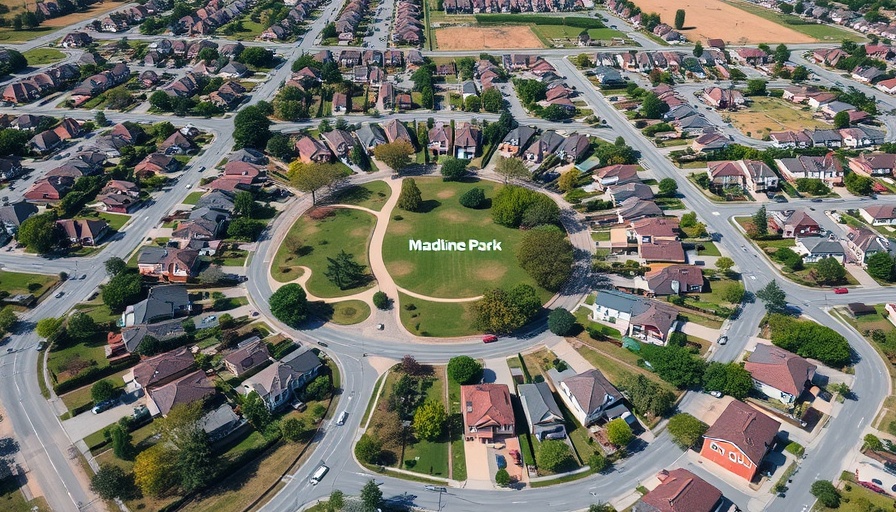
Remembering the Lost: A Documented Journey into History
In an evocative tribute to a tragedy long overlooked, El Paso author and UTEP creative writing associate professor Tim Z. Hernandez is working tirelessly to bring to light a significant yet tragic chapter of history. His upcoming documentary, titled "All They Will Call You," explores the harrowing tale of 28 Mexican workers who perished in a 1948 deportation flight that ended in a devastating plane crash in California, forcing society to confront the forgotten lives of these deportees.
The documentary, which is anchored in Hernandez's extensive research and previous literary work, promises to deliver more than just a cinematic experience; it aims to rehumanize the victims who were unjustly reduced to anonymous listings in cemetery records. Through personal stories and historical investigation, Hernandez is dedicated to uncovering their identities, which had been lost to time.
A Legacy Unearthed: Funding the Documentary
To ensure the completion of this important documentary, Hernandez has launched a GoFundMe campaign, aiming to raise $25,000. This funding will facilitate the film's next production phase, which involves filming across multiple locations, including El Paso, New York City, California, and even back to Mexico where the victims hailed from.
The potential for community involvement is highlighted in Hernandez's fundraiser, which offers personalized incentives for donors. From signed copies of his books to exclusive viewing invitations, the initiative fosters a sense of collective remembrance and participation in the re-telling of this critical historical narrative.
Facing Today’s Impacts Amid Historical Reckoning
As El Paso debates its proposed budget potentially leading to increased taxes, this documentary serves as a poignant reminder of the importance of fiscal responsibility and prioritizing historical recognition. While financial discussions inevitably shape the present, Hernandez's endeavor sparks dialogue about the collective duty to remember injustices of the past.
"All They Will Call You" seeks not only to honor the victims but to serve as a catalyst for awakening awareness about the broader issues surrounding immigration policies and their human impact. Especially in a time where immigration remains a hot-button topic, this documentary invites viewers to reflect on the stories behind statistics and headlines.
Conclusion: Support Historical Narratives
As Hernandez continues his quest for justice and recognition for the victims of this tragic event, it serves as a call to action for the community to rally behind historical narratives. The journey of "All They Will Call You" is not just a personal project; it’s an opportunity for all of us to engage with the past, embrace its lessons, and support the telling of stories that deserve to be heard.
 Add Row
Add Row  Add
Add 




Write A Comment